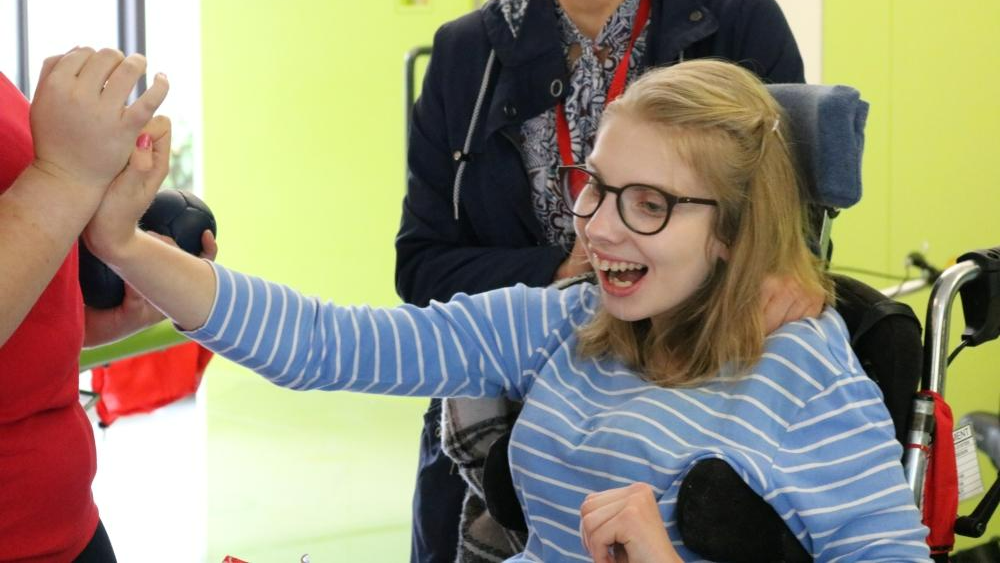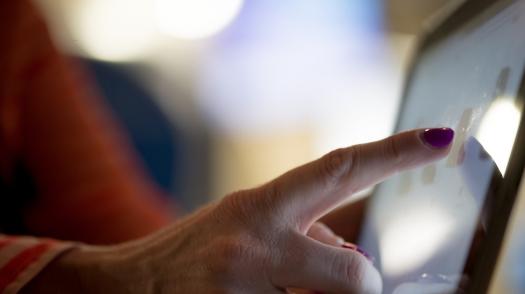Coping with a child being treated in hospital can place immense strain on a family.1 In the case of acquired brain injury, the initial shock can leave families with a great deal of stress and emotion.2 Each family member may experience feelings of shock, guilt, denial 3, uncertainty and perhaps even post-traumatic stress disorder.4, 5 Parents are in contact with many different professionals and having to take in a great deal of information, which can feel overwhelming.6
When they explained what had happened it felt like we were in a film or a TV programme. It just all felt very unreal." A parent’s experience
Sometimes, having to explain what’s happened time and again can take its toll. Sharing information isn’t something that comes easily to everyone. While it’s great to have people ‘rallying round’, this might also be a reason for families feeling overwhelmed.7 The ‘talking to others about acquired brain injury’ section offers advice about how to get your message across.
Things to bear in mind while your child is in hospital
It can be a very confusing, disorienting time for children.8 They may have been assessed, treated or had some surgery, following their brain injury. Some things you can do to help your child during this period:
- Try to keep the area calm and quiet. An acquired brain injury can affect the way children process what’s going on 9 and they may feel overwhelmed by too many visitors.
- They may be very tired and need plenty of time to rest and to heal. They may have difficulty remembering or thinking clearly in these early stages, so it’s important to keep the environment calm.
- Try to limit the amount of TV, music, noise and movement around the child.10, 11
- Try to make sure there isn’t more than one thing happening at a time. Again, too much going on can be confusing.12
- Speak to your child in a calm voice and allow time for them to respond.13
- Tell them who you are and who is there with you.
- Hold hands with and comfort your child.
- Avoid discussing your child’s condition with others at their bedside.
- Try to answer questions as best as you can with simple and direct answers.14
- Be patient. You may have to remind your child where they are and what has happened.15
- Tell your child what you’re up to. For example: “I’m going to give your hair a brush”.
- Your child may be unable to speak but may be able to respond in other ways such as eye contact, or gestures. So try to gently encourage this, if you think they may be able to do this. 16
You may be able to bring in familiar things from home, such as a favourite toy or book, or even bedding. It can be helpful for siblings to visit, not least because they still need to be around their parents too. Don’t be surprised if you feel angry or irritated with staff. These things are natural when we’re facing shock and difficult circumstances, but bear in mind that being abusive towards staff can only make the situation more difficult. Don’t be afraid to ask questions, however trivial they might seem. Write them down if there’s nobody available to answer them at that moment. Take as many notes as you can. It can be helpful for siblings to visit.
Looking after yourself and the rest of your family
Being at hospital can take a physical toll as well as an emotional one. Parents may not get much sleep 17, may not be eating as well as they could, and they don’t have the access to the things they depend upon at home.18 It’s important that parents take regular breaks for food and rest.
It was like being in a bubble. The only people we saw were each other and other parents going through their own difficulties. (A parent’s experience)
Some parents describe the experience of being in hospital as ‘crisis management’. But it’s important you don’t try to manage everything yourself. If people offer to help out with cooking, washing, shopping, etc, then let them do so. Write down anything that strikes you about what the healthcare professionals have said, and take this opportunity to ask as many questions as possible. It’s very important to remember siblings at this stage, who may be missing school or might be having difficulties adjusting as well.19



